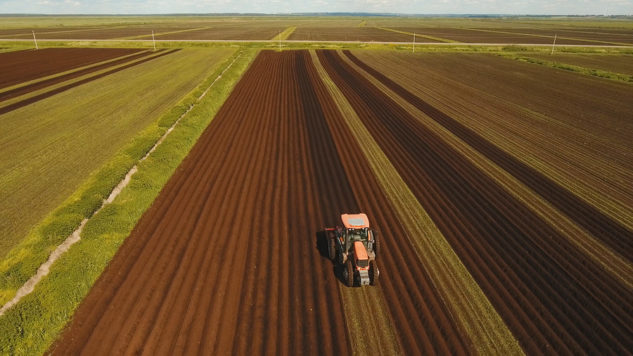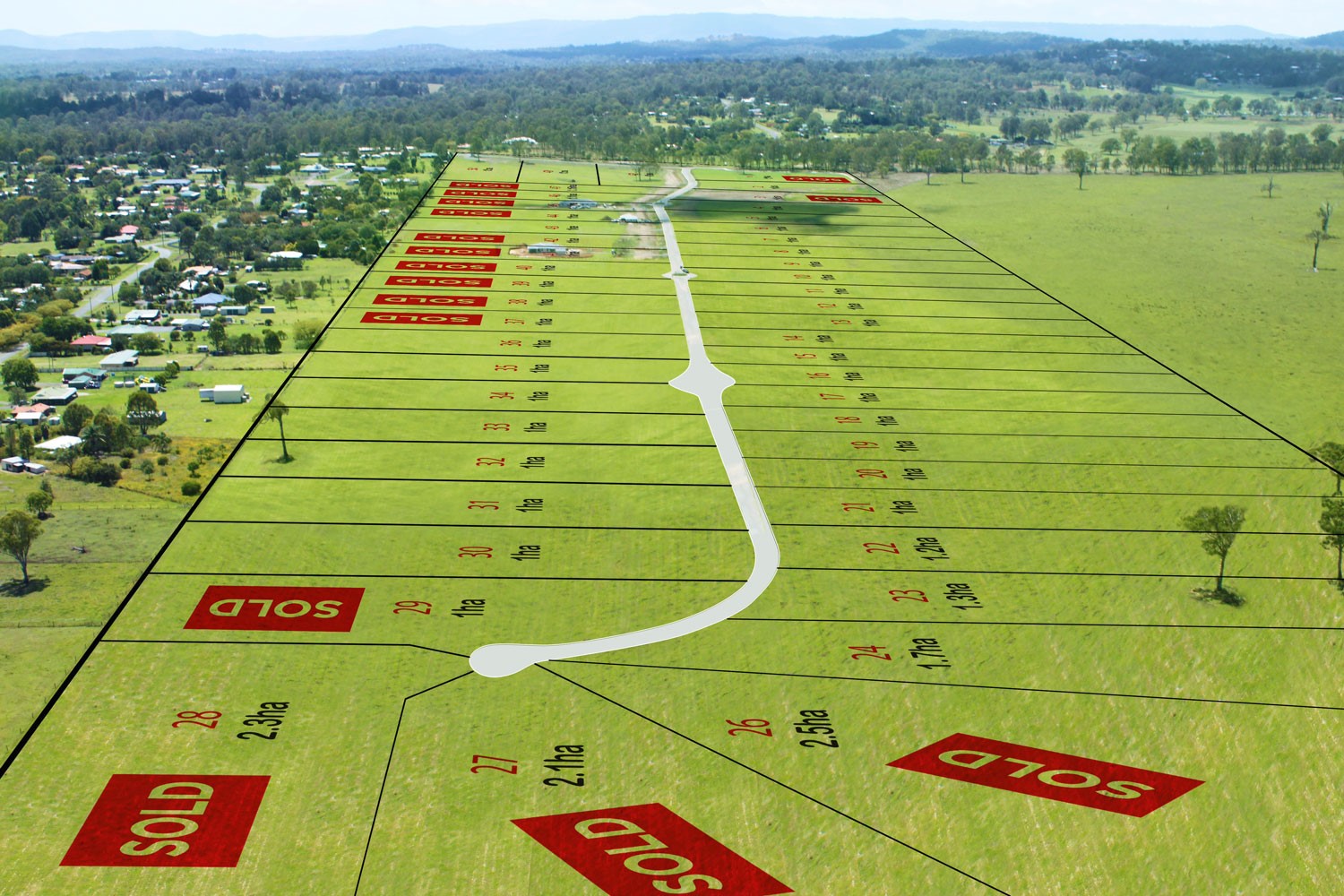



ATO drawn into the public debate on the GST and food
While seemingly not by its own doing, the public airing of an internal discussion paper looking at how the application of the Goods and Services Tax (GST) to food may be modified, has thrust the Australian Taxation Office (ATO) into the public debate about whether the tax should be broadened to take into account more of the food items that are currently GST-free.
As a general rule, basic food items are not subject to the GST, however prepared meals or food that is processed in some way are subject to the tax. Like any tax regime (including the Wholesale Sales Tax version that the GST replaced), where there are questions of the classification of items to establish whether they are taxed or not, complexity is never far away. That is certainly the case for the GST and food, whereby the same item can have potentially two GST treatments depending on how it is consumed. For instance, a GST-free item purchased and taken away from the place of purchase will not be subject to tax, but the same item consumed on the premises will be taxable.
The highlighting of the internal ATO thinking comes as no surprise for taxpayers who operate within the food and beverage sector. Of recent years, an increased level of ATO activity has been experienced for those taxpayers who had earlier sought private rulings to confirm the classification of their food items supplied. The ATO approach has been to review these rulings to ensure that material changes to the product (including packaging and marketing) have not tipped it into a taxable classification. For any changes identified, Rulings have been withdrawn and suppliers left to deal with often very inflexible supply agreements with retailers in an attempt to pass-on this new found GST cost.
Given the changes that have occurred over time to the way consumer convenience is met as well as our eating habits (such as the rise of more choice around ‘ready-to-go’ meals), the fact the ATO is revisiting its approach should not come as a shock. It is also consistent with other parts of the economy where consumption patterns have changed since the initial drafting of the GST Act (think e-commerce and the need for the GST to be expanded to capture cross border transactions of low value goods and digital products).
The debate started by the publication of the ATO’s internal thinking about clamping down on the GST exemptions for food is one that is probably needed in a well overdue discussion about wider tax reform. However, what many who engage in the current discussion may not be prepared for, is to go that next step and rationally consider whether making all food subject to GST is now appropriate policy. Particularly as it was the treatment successfully taken to the 1998 election by the Howard Government and there being available mechanisms to fully (or even over) compensate those most in need from its inclusion in the GST net (not least by the tax collected on the increased consumption by those who can most afford to pay it).
Let’s see, but don’t hold your breath.
"*" indicates required fields